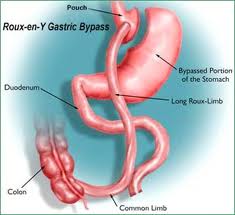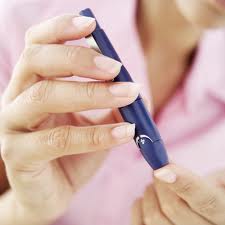In preparation of patients for bariatric (‘weight loss’) surgery, there are many issues to discuss with regards to postoperative changes that we need to prepare for, ranging from changes in meal size, to changes in medications, to vitamin supplements, and so on. One important element that may often go under discussed is changes in sexual function after bariatric surgery.
People who struggle with weight may be at increased risk of sexual dysfunction, for many reasons, including:
1. There is a higher risk of erectile dysfunction (ED) amongst men with obesity.
2. Obesity can lead to lower testosterone levels in men.
3. Women with obesity are at increased risk of polycystic ovary sydrome, which affects reproductive hormones and is an important cause of infertility.
4. Some medications that are used to treat complications of obesity (eg some blood pressure medications) can interfere with sexual function.
5. Excess body weight can lead to body image issues that can negatively affect sex drive.
And the list goes on….
After bariatric surgery, the effect on sexual function can be variable. Medications needed to treat obesity related complications may decrease with weight loss, and hormone levels may improve towards normal. The effect on body image can be highly variable – some may feel empowered and ‘sexier’ with a lower body weight, whereas others struggle with the excess skin that may become apparent. The sexual partner’s response to a body weight change can be variable as well – some may find it a positive change, whereas others may feel threatened by it.
Fortunately, there is research going on in this important area! There is a study at the University of Pennsylvania ongoing currently, which will examine changes in sexual function, sex hormones, body image, and marital satisfaction after weight loss surgery, compared to people with obesity who do not have surgery.
I would love to hear from any of my readers who would like to share their thoughts on this important topic.












